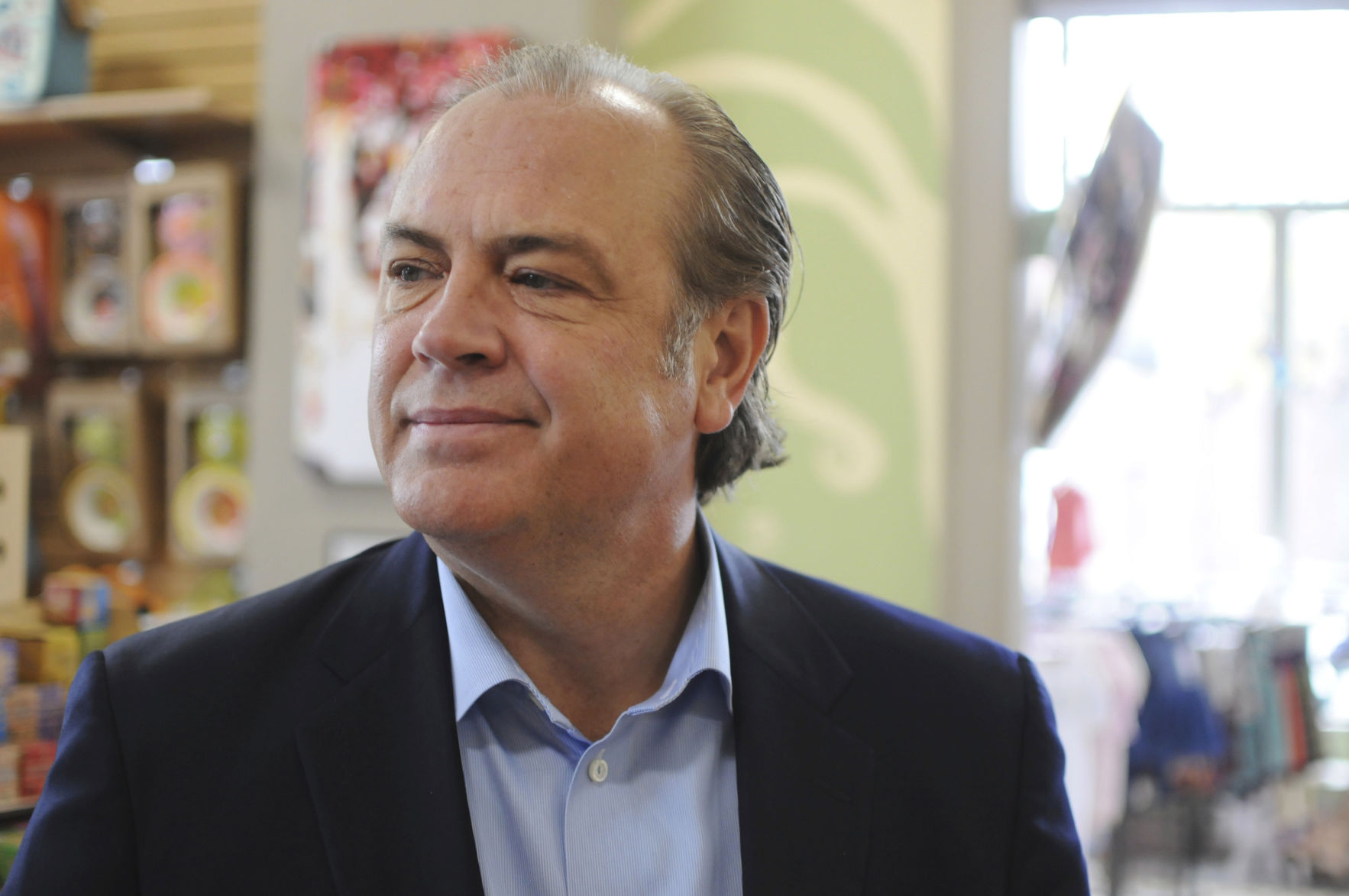PIERRE, S.D. (AP) — A court challenge to the attorney general’s explanation of a ballot measure that would cap the price state agencies could pay for prescription drugs could scuttle the initiative even if backers gather enough support to put
PIERRE, S.D. (AP) — A court challenge to the attorney general’s explanation of a ballot measure that would cap the price state agencies could pay for prescription drugs could scuttle the initiative even if backers gather enough support to put it on the 2018 ballot, a key proponent said this week.
Industry groups have appealed to the South Dakota Supreme Court after a state judge rejected their challenge to Attorney General Marty Jackley’s explanation. It’s a move to derail a measure that would save taxpayer dollars and pressure drug companies to lower prices, supporter Rick Weiland told The Associated Press.
“These are tactics by the pharmaceutical industry in this country that doesn’t want to see any effort anywhere, you know, that would affect their bottom line,” Weiland said. “It’s really, at the end of the day, all about money — big money.”
Backers aim to gather thousands of signatures on petitions featuring Jackley’s explanation ahead of next month’s deadline to get on the 2018 ballot. But the appeal from South Dakota Biotech and Washington-based Pharmaceutical Research and Manufacturers of America, or PhRMA, is likely to stretch past the signature submission deadline.
Attorney General spokeswoman Sara Rabern said in an email that if Jackley’s explanation is found to be inadequate, it’s likely that the petition sheets carrying the inadequate explanation would not be valid.
“What’s the recourse?” Weiland said, noting it would be too late to gather new signatures.
Jackley said after a judge last month denied the trade groups’ request to have the explanation rewritten that he worked to provide a “fair, clear and simple” summary of the proposal. The groups had argued that the explanation falls short because it doesn’t mention language giving supporters legal standing if the initiative is challenged in court.
“I think we would like to have the voters be educated about what the measure actually does and what it says, and that’s why we filed the legal challenge,” PhRMA spokeswoman Priscilla VanderVeer said. “If a campaign has to be executed to do that, if the measure ends up on the ballot, then that will happen.”
The plan — adapted from an Ohio initiative that’s on the ballot this year — would prohibit state agencies from paying more than the U.S. Department of Veterans Affairs for prescription drugs.
A spokeswoman for South Dakota Gov. Dennis Daugaard said in an email that the state spent more than $63 million last budget year on prescription drugs, with the majority of that for state health plan members and Medicaid recipients. Weiland said supporters would provide a fiscal analysis of the measure once it’s qualified for the ballot, but claimed it would save taxpayers “tens of millions of dollars.”
VanderVeer said the proposal is unworkable and would face “huge” implementation challenges.
South Dakota supporters must submit nearly 14,000 valid signatures to the secretary of state by Nov. 6, 2017, to get on the ballot in 2018. Weiland has said the goal is to collect 20,000 names.
Similar measures have been placed on California and Ohio ballots. California’s was voted down last year after the pharmaceutical industry spent more than $100 million to oppose it. Ohio’s measure will go before voters this November.


